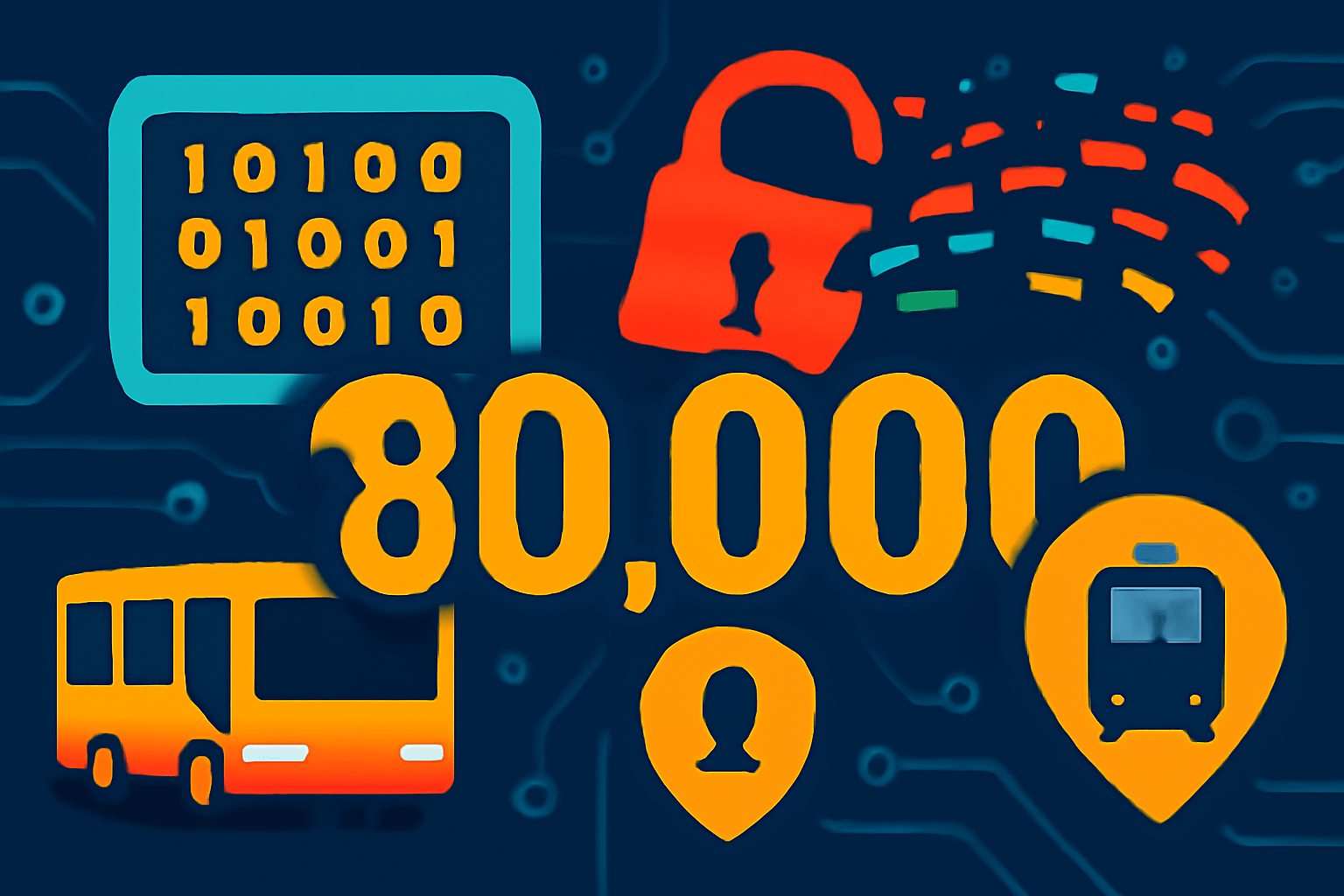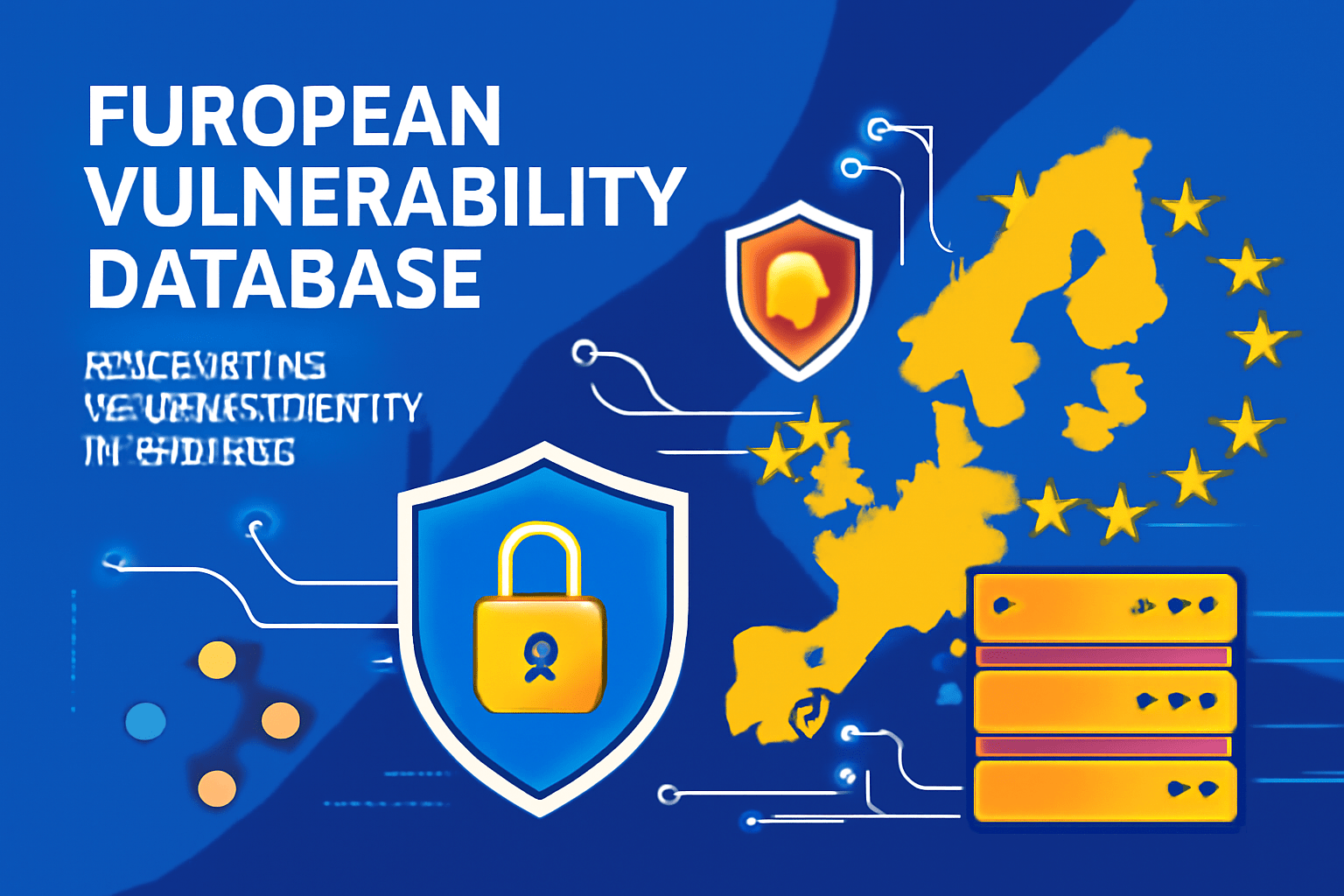In a concerning cyberattack, the Berlin Transport Company (BVG) recently suffered a data breach exposing up to 180,000 customer records. This alarming incident has sparked fears about personal data security and highlights the growing risks in the world of digital services. Let’s explore what happened, how it impacts users, and what steps you can take to protect yourself.
What Happened in the BVG Data Breach?
The Berlin Transport Company confirmed that hackers accessed their customer database, stealing a significant number of personal records. These datasets reportedly include:
- Names and contact details
- Ticket information
- Possibly payment data (under investigation)
While BVG has not confirmed the full extent yet, the breach is serious enough to warrant immediate attention from users and cybersecurity experts alike.
Why Is This Data Breach a Big Deal?
Personal Information at Risk
When cybercriminals get their hands on personal details, they can:
- Launch phishing scams targeting victims
- Attempt identity theft
- Commit financial fraud using leaked payment info
Trust in Public Services Shaken
Transport services like BVG handle millions of passengers daily, and a breach erodes trust in how such essential services protect user data. It also raises concerns about cybersecurity preparedness in public infrastructure.
What Is BVG Doing About It?
The company has stated it is:
- Investigating the breach with cybersecurity professionals
- Notifying affected customers
- Enhancing security measures to prevent future incidents
- Cooperating with law enforcement agencies
These are standard but crucial steps to mitigate damage and regain user confidence.
What Can You Do to Stay Safe?
If you’re a BVG customer or use similar digital services, consider these protective steps:
- Change your passwords regularly, especially if you use the same password elsewhere
- Be cautious of suspicious emails or calls claiming to be from BVG or other services
- Monitor your bank and credit card statements for unusual activity
- Enable two-factor authentication (2FA) on services whenever possible
- Stay informed about updates from BVG and cybersecurity news
Quick Table: How to Respond to a Data Breach
| Step | Action |
|---|---|
| Check for notifications | Watch for official alerts from the company or authorities |
| Update passwords | Use strong, unique passwords for all online accounts |
| Monitor accounts | Keep an eye on financial and online accounts for suspicious activity |
| Beware phishing | Avoid clicking links or attachments from unknown or unexpected emails |
| Report issues | Contact your bank or relevant institutions if you detect fraud |
Final Thoughts
The BVG data breach serves as a stark reminder that even trusted public services can fall victim to cyberattacks. As we rely more on digital platforms for everyday activities, staying vigilant about our personal data is essential.
Remember: cybersecurity is a shared responsibility. Stay alert, protect your data, and encourage others to do the same.




